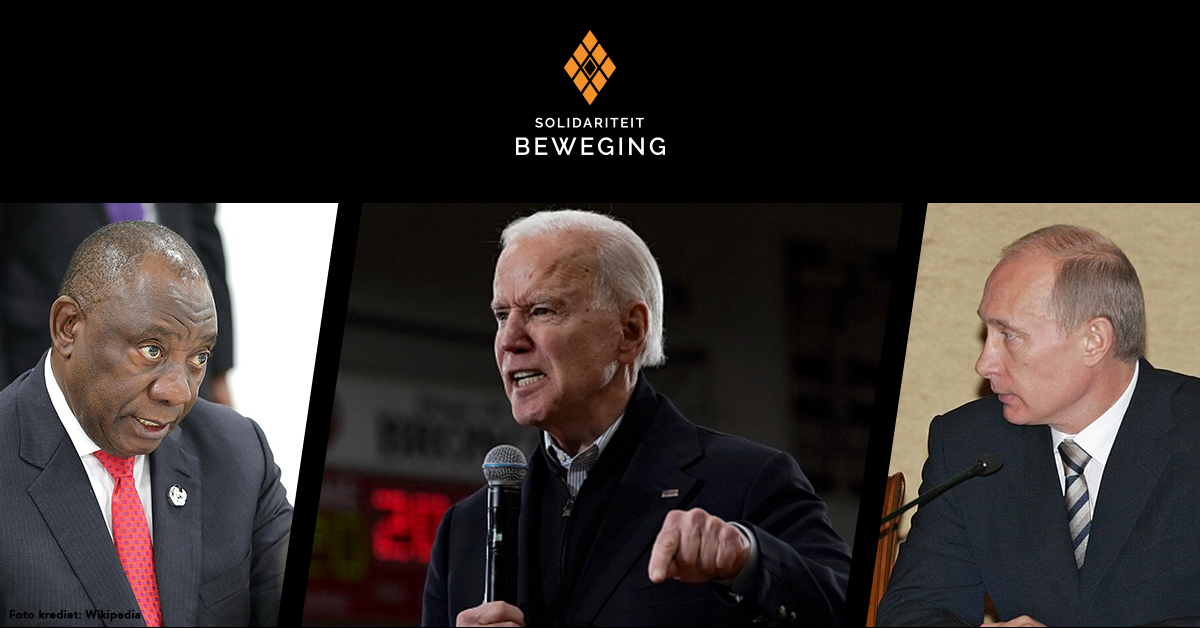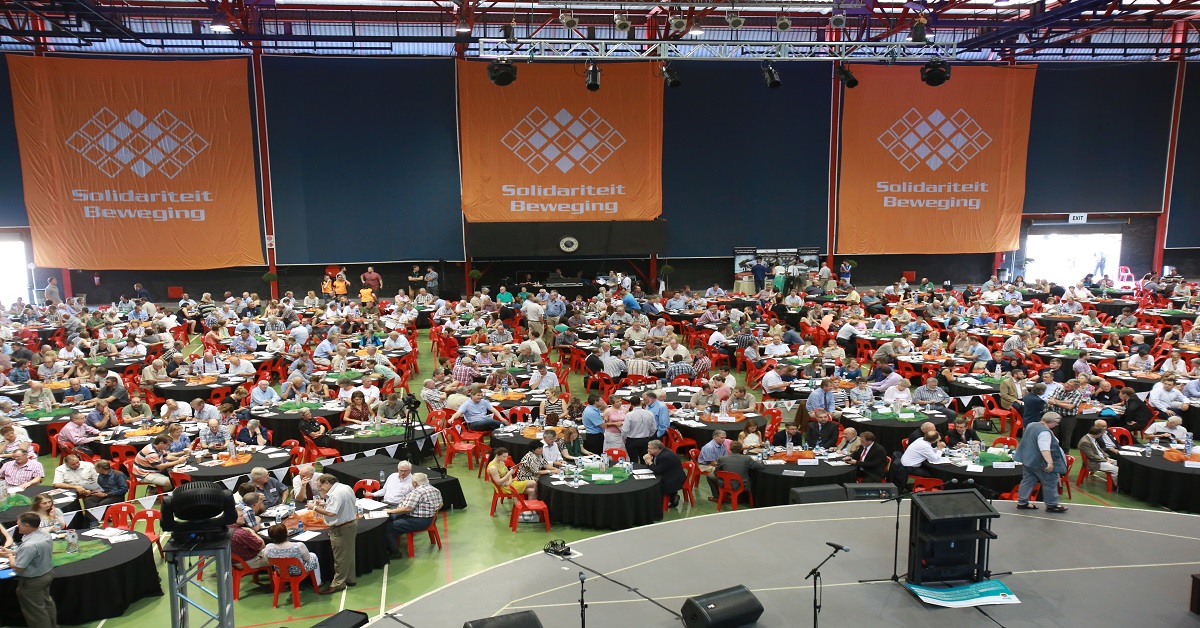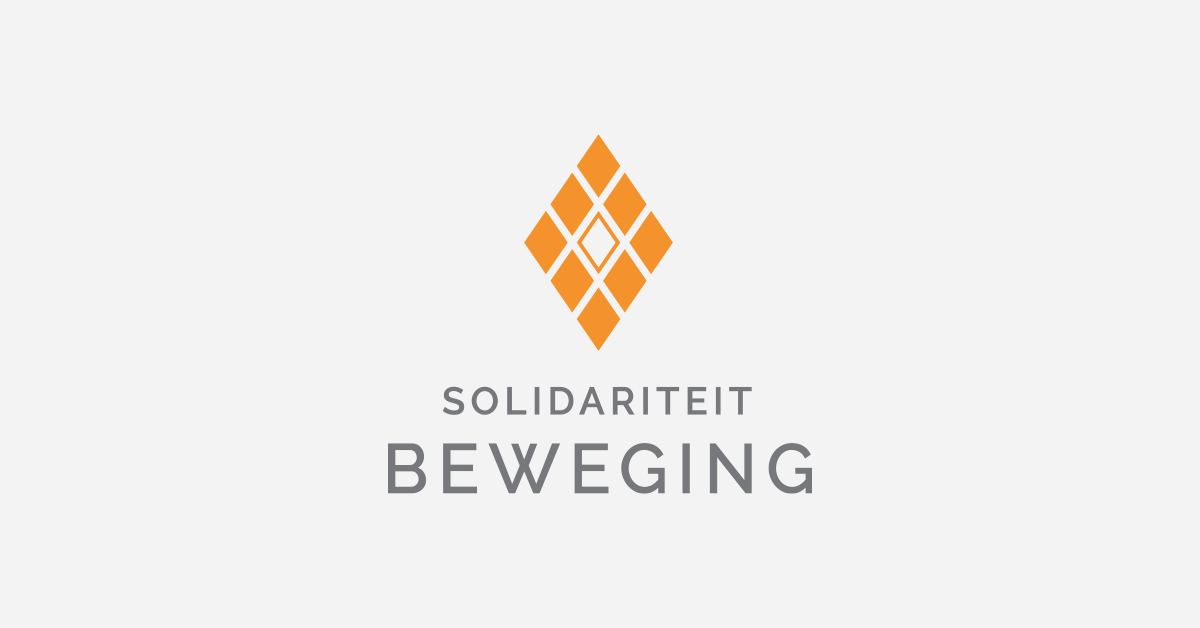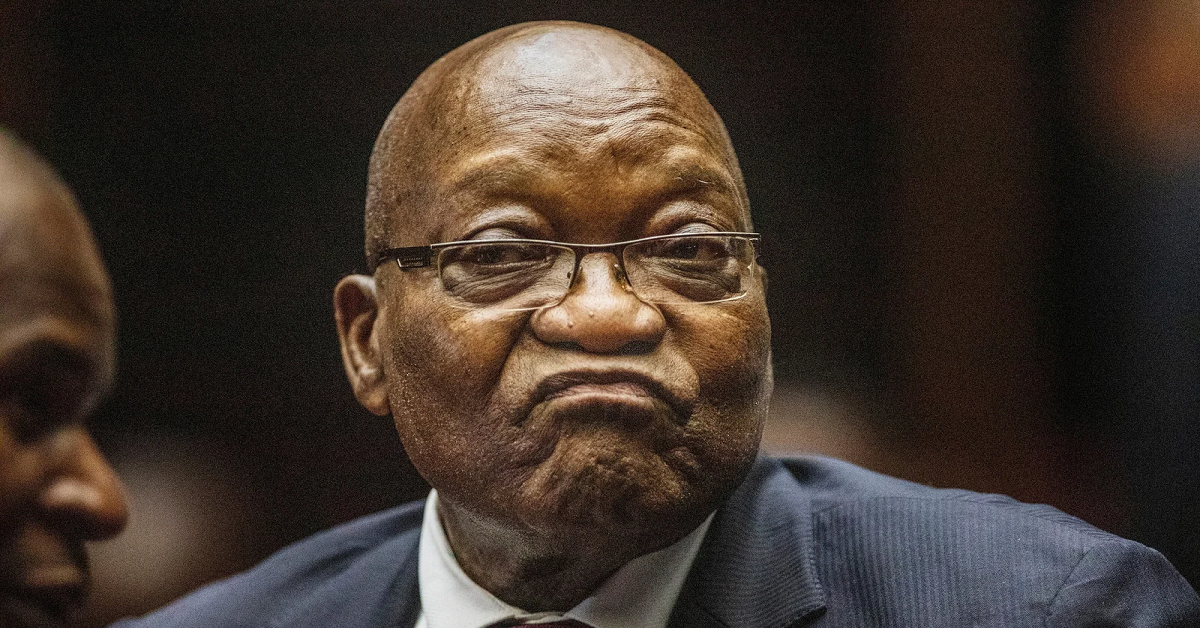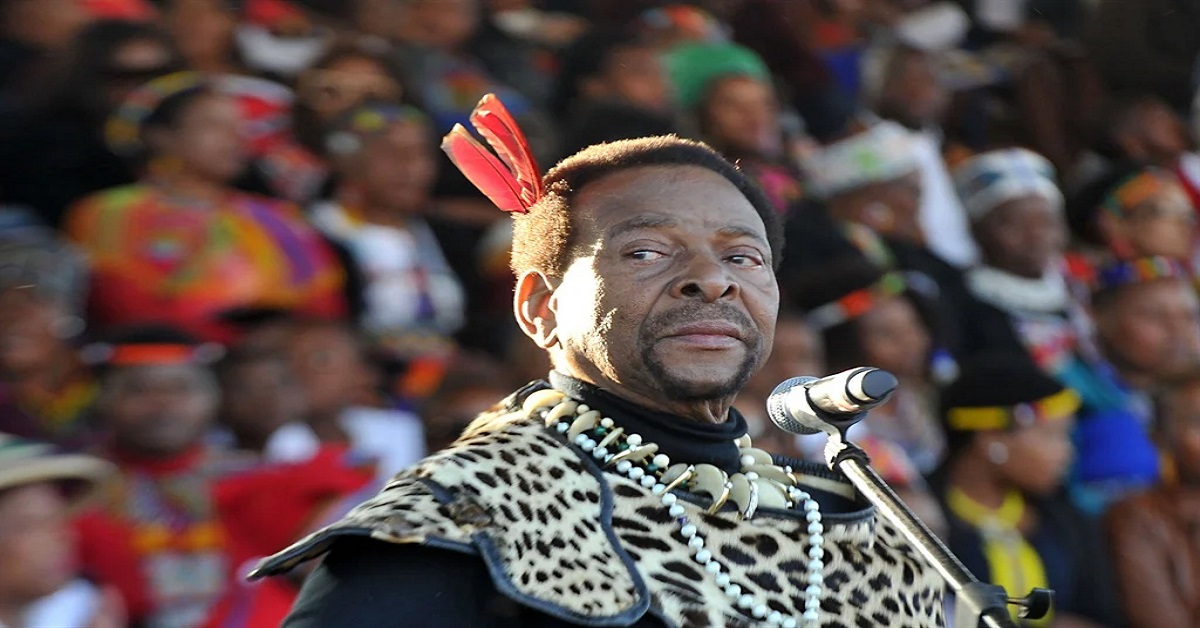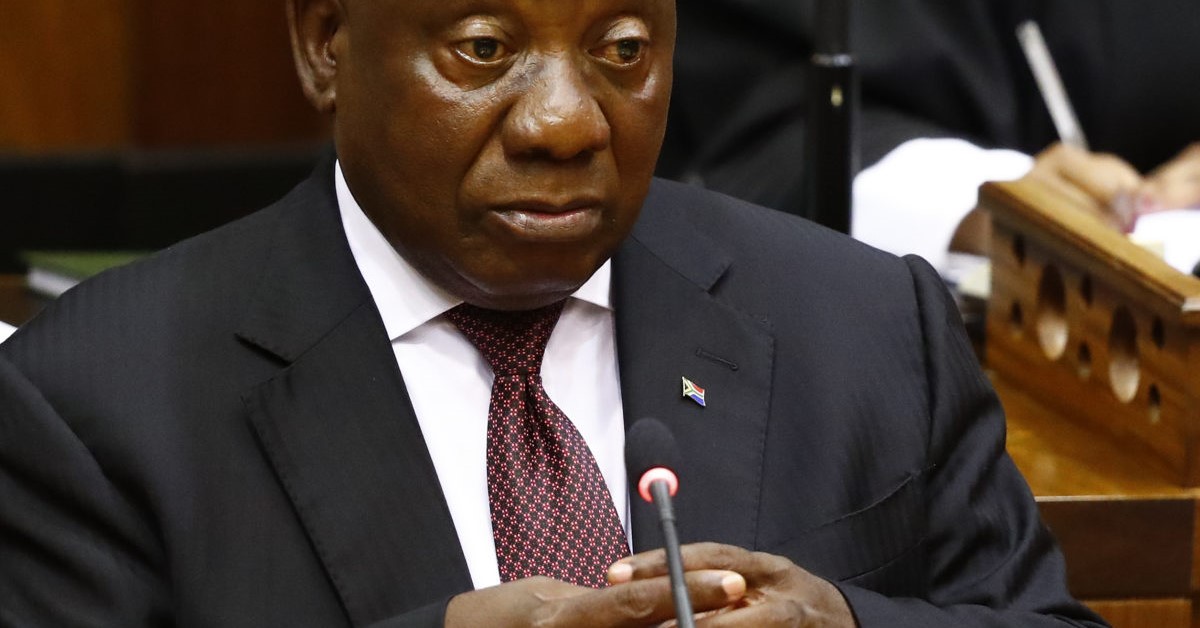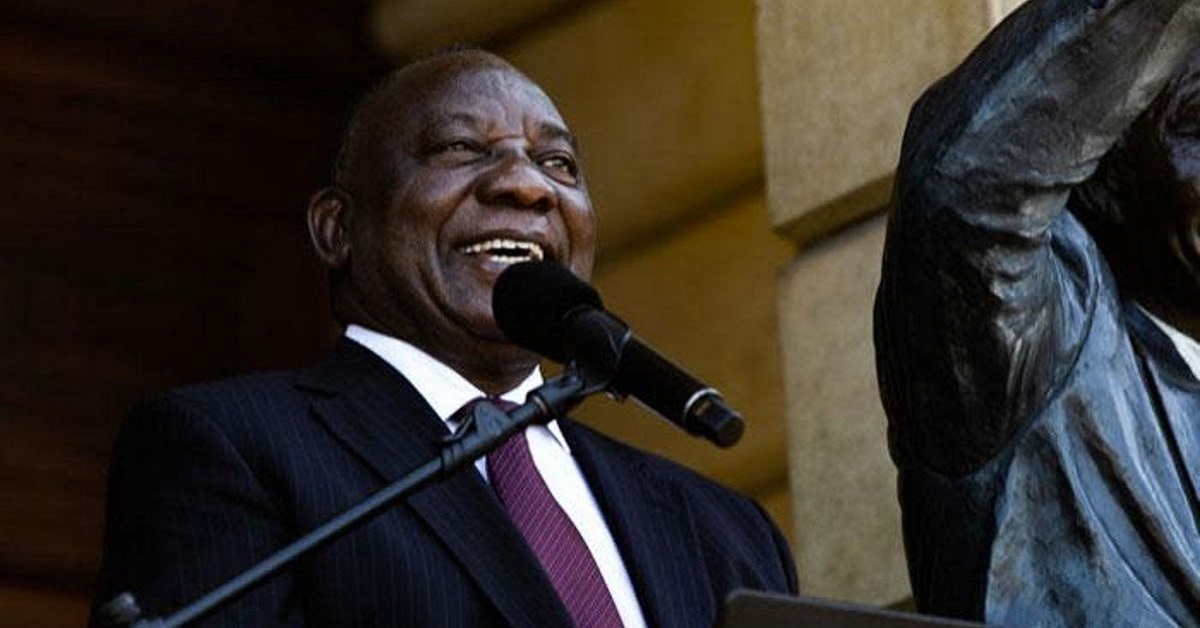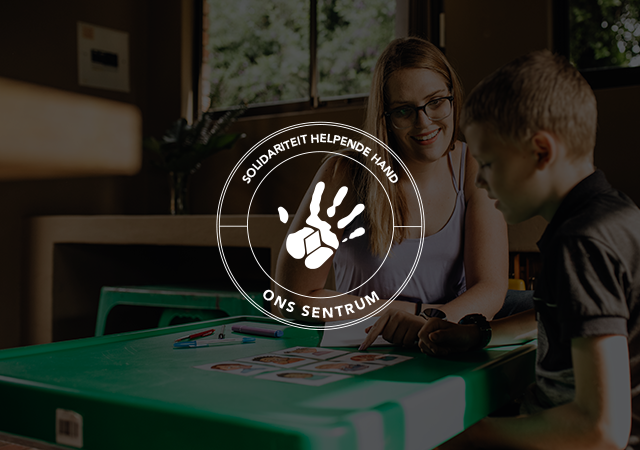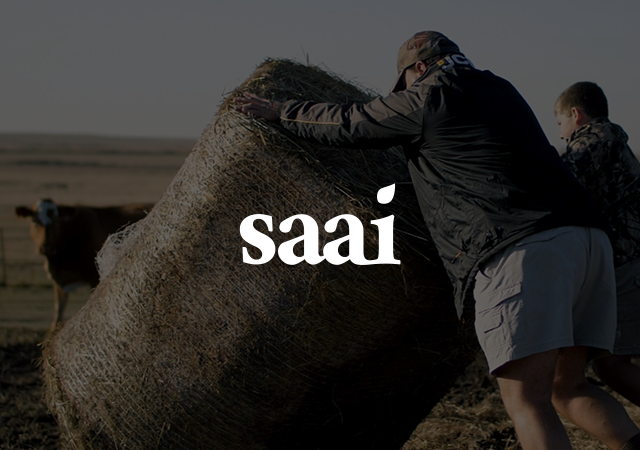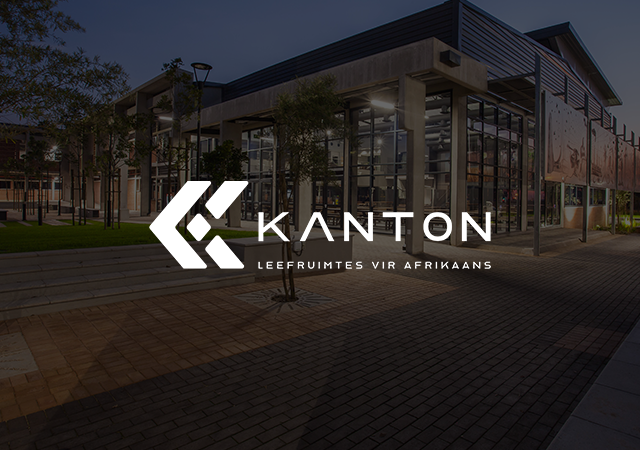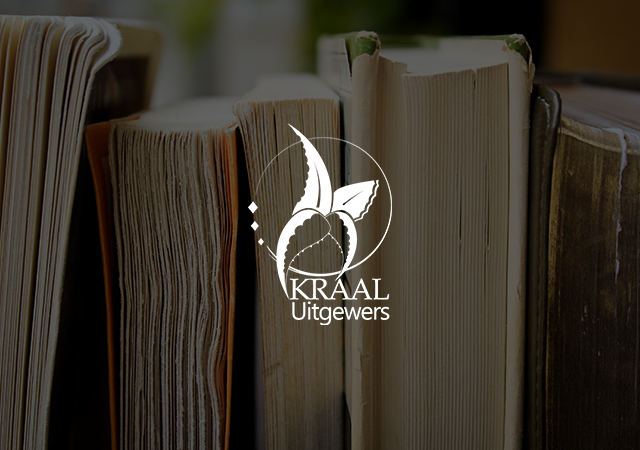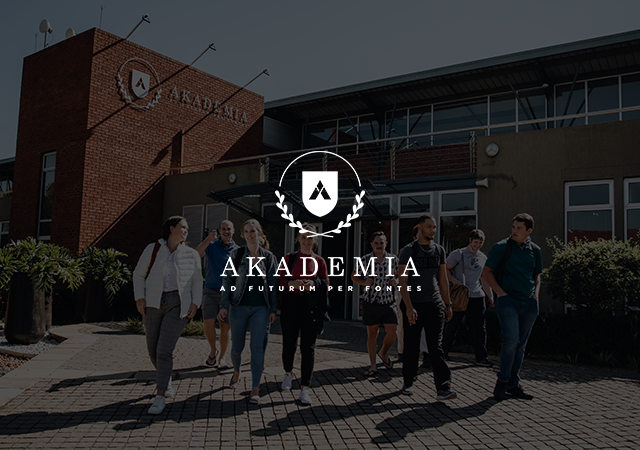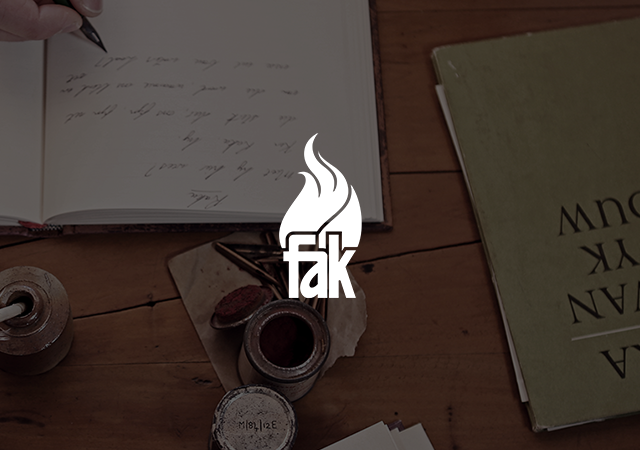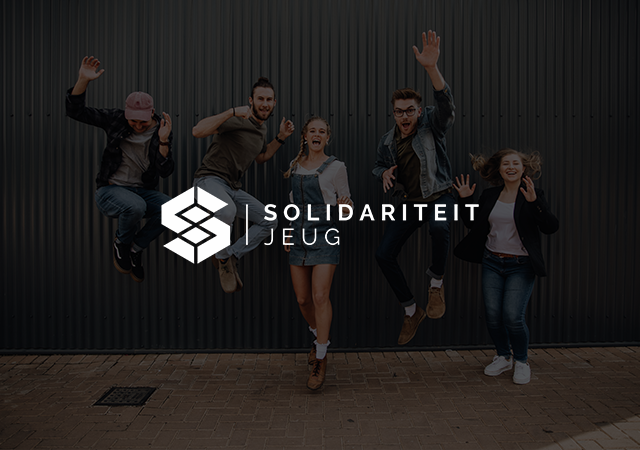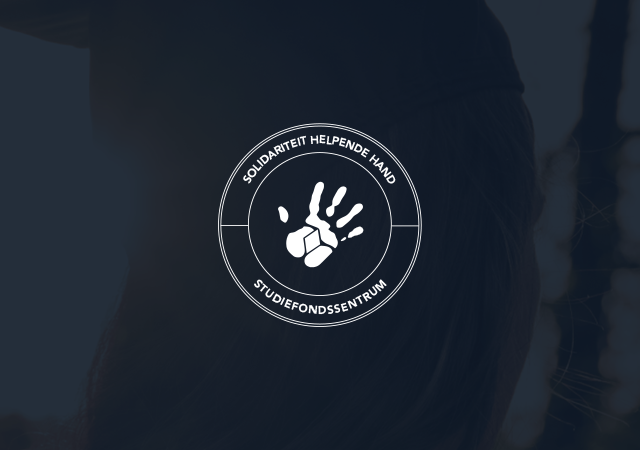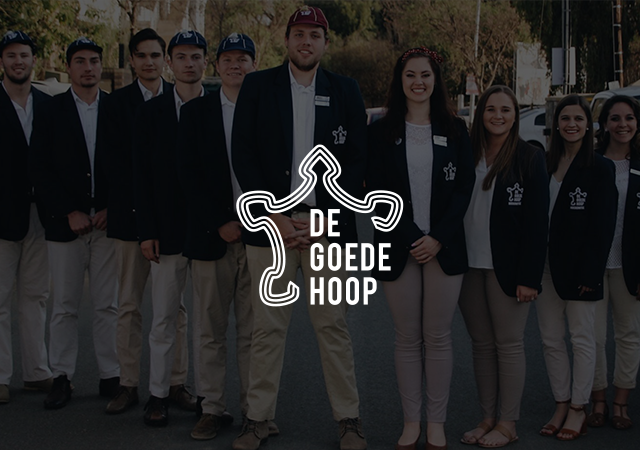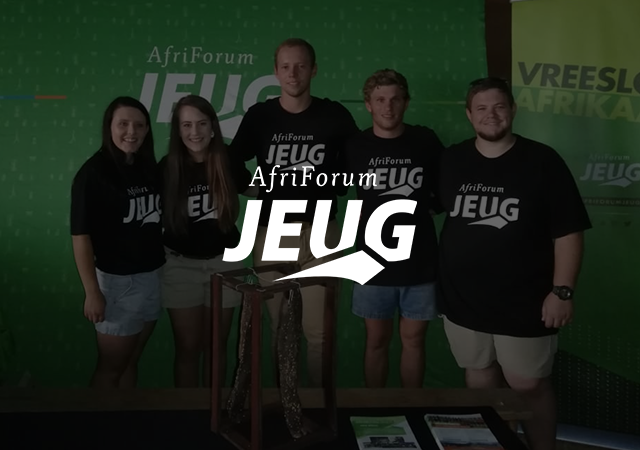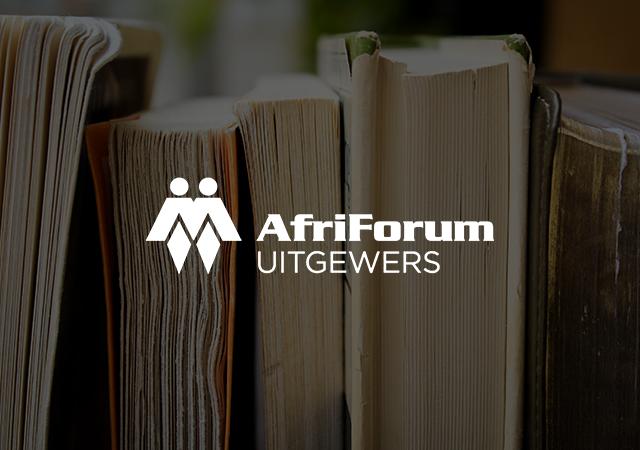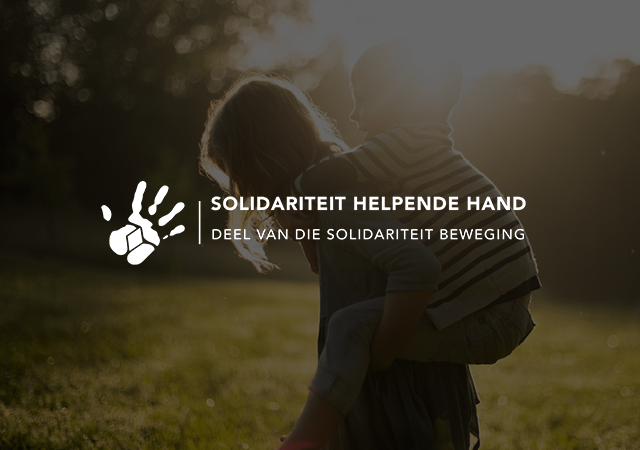The Solidarity Research Institute found in a comprehensive scientific report that vaccines are an effective and safe way to end the Covid-19 pandemic. The report also supports people’s freedom to decide for themselves. Strong criticism is also levelled at the government’s central control of the vaccine program and consequently it was also found that the private sector should become involved on a major scale.
According to Solidarity Movement Chairperson Flip Buys, large numbers of the Solidarity Movement’s members and other South Africans will have to make a decision regarding vaccinations within the next few weeks. “We want to enable our members and other South Africans to make decisions in a responsible way. Covid-19 is hitting all of us hard and everyone is longing for an end to the pandemic. With all the opinions, fake news and political agendas doing the rounds, good scientific research is essential. From the findings in the report, we can encourage our members to get the vaccines, but on condition that everyone must make their decision in a responsible way and take their own unique circumstances into account. The data indicate one risk that for most people is much greater than the vaccines, and that is not to get the vaccine.”
According to the report, in which a proper international study was done, it was found that vaccines are indeed effective. In countries such as Israel, the United Kingdom and Hungary, there is a direct link between the administration of vaccines, a decrease in infections and in particular a decrease in hospitalisation and deaths. Pfizer, Moderna, AstraZeneca and Johnson & Johnson are effective. It is also on the basis of findings in this report that the Solidarity Movement can neither recommend the Chinese vaccine SinoVac nor the Russian Sputnik V vaccine. The availability of existing data is insufficient, with the result that no conclusion can be drawn at present on the efficacy of these two vaccines
An in-depth investigation was conducted into data on reports of side effects, as stated by Connie Mulder, head of the Solidarity Research Institute. “Proper scientific research has been done and original data have been used so that inferences are watertight. It has been found that the vaccines are indeed safe to a large extent. Like other medications, there are side effects, but for most people the risk posed by Covid-19 is much higher than the risk of getting the vaccine.”
Mulder also said that none of the vaccines can provide total protection against Covid-19. However, they do provide comprehensive protection against serious symptoms and death. It is probably not necessary for children to be vaccinated but parents can seek good medical advice from doctors.
Data show that claims that large numbers of people die due to vaccination are simply not true. The risk for blood clots and cardio-related side effects is small. Most of the side effects reported are mild and similar to those of any other vaccine.
The researchers also found that it is important that individuals who are already experiencing health problems, are currently ill and who have previously experienced side effects from vaccines should first contact their doctor to find out whether it would be safe for them to be vaccinated against Covid-19.
According to AfriForum Chief Executive Kallie Kriel, those who want to make a choice should be able to do so. “The government’s centralisation of vaccines is causing a bottleneck in the vaccination process. The fact that the process is being monopolised is unacceptable. The private sector must on a large scale be involved at all levels of the value chain. Not only is it important that people should be able to choose whether they want to be vaccinated or not, but they should also be able to choose which vaccine they want to receive.”
According to Solidarity Chief Executive Dr Dirk Hermann, Solidarity’s members, like so many other South African citizens, are currently being hard hit by the third wave of the Covid-19 pandemic. “Our members are tired of lockdowns and want to get rid of it. Vaccination can definitely play a major role in getting out of the pandemic. Levels of confidence in the government are justifiably so very low. There is a fine line between trust in the government and trust in vaccines. The government abused its power during the lockdown, eroded freedoms and created a breeding ground for scepticism about vaccines.
“What we now have to do is to consider the facts. We encourage all to assess their circumstances, make their decision (in a responsible way) and to exercise their freedom of choice,” Hermann concluded.
Download the report here: http://soli.online/2yq

